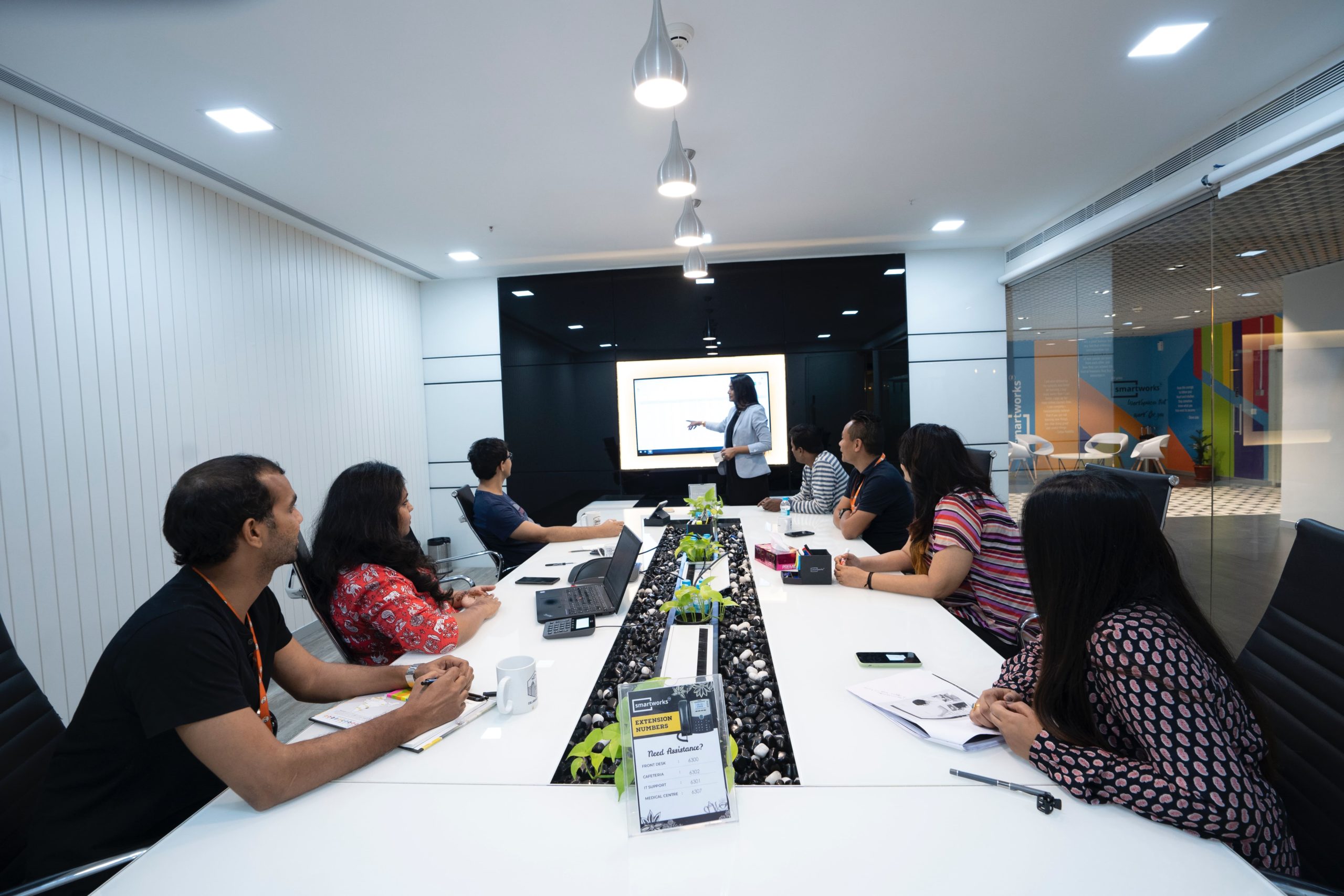Intellectual property (IP) is an important asset for organizations because it gives them a competitive edge and promotes innovation. Effectively managing and utilizing intellectual property may lead to improved sales, market expansion, and long-term success for Latvian businesses. Licensing is a strategic technique that enables Latvian businesses to monetize their intellectual property while keeping control over its usage.

Intellectual property classifications
Before diving into licensing plans, Latvian businesses must first identify and comprehend their IP assets. Patents, trademarks, copyrights, and trade secrets are the most common categories of intellectual property. Each kind of IP needs a customized licensing strategy adapted to its distinct qualities.
Models of licensing
Latvian businesses may choose from many licensing models, each with its own set of benefits and considerations:
Exclusive licensing
This involves giving a licensee exclusive rights inside a particular market or area, which increases income potential but limits market penetration.
Non-exclusive licensing
This involves allowing several licensees to utilize the IP at the same time while expanding market reach and possibly lowering per-license fees.
Sole licensing
This is an intermediate option in which the licensor provides one licensee limited exclusivity while maintaining the right to license to others.
Intellectual property licensing strategies
Latvian businesses may use a variety of intellectual property (IP) licensing options to efficiently monetize their IP assets. Here are a few crucial techniques to consider:
Comprehensive IP portfolio management
Latvian businesses should first examine their intellectual property assets, which include patents, trademarks, copyrights, and trade secrets. Creating a thorough IP portfolio management plan aids in the identification of valuable assets and the determination of which are eligible for licensing.
Customized licensing agreements
It is critical to tailor licensing agreements to each licensee or market. One-size-fits-all tactics may not be appropriate in all circumstances. To optimize the advantages for both sides, tailored agreements take into account the licensee’s industry, geographic location, company objectives, and financial capabilities.
Licensing on a national and worldwide scale
Latvian businesses should look into local as well as international licensing prospects. Collaboration with international partners may open up new markets and income streams, but it demands awareness of regional legal and cultural differences.
Franchising
Franchising may be a successful licensing approach for some firms. Latvian enterprises may increase their brand visibility and market share by offering franchisees permission to utilize their trademarks, business models, and operational methods
Joint licensing and co-branding
Collaboration with other businesses, such as co-branding or joint licensing, may result in synergistic partnerships. This approach enables Latvian businesses to merge their IP assets with those of others to generate distinctive goods or services and reach new client groups.
Research and development licensing
Companies may license their intellectual property for R&D reasons, boosting innovation and cooperation in certain sectors. This approach encourages collaborations with academic institutes, startups, and other businesses interested in improving a certain technology or subject.
IP valuation and negotiation
Properly valuing intellectual property assets is crucial when negotiating license agreements. Latvian businesses should undertake extensive IP appraisals and be prepared to negotiate licensing fees, royalties, and other conditions to establish a fair and mutually beneficial relationship.
Enforcement and monitoring
Once licensing agreements are in place, Latvian businesses must carefully monitor licensees to verify that the conditions of the agreements are followed. It is critical to address any infractions or abuse of IP (IP) as soon as possible to safeguard the company’s rights and reputation.
Tips for IP licensing
Consider the following tips:
Maintain well-organized records
If a disagreement arises, the side that is more organized has an edge. Second, if you decide to sell your firm in the future, this may increase the worth of your business
Focus on enforcement from the beginning
As an innovator, you must be vigilant about who is exploiting your patent and successfully manage your portfolio. You must be aware of innovations and how they are being used in various fields.
Embrace long-term relationships
When you get into a licensing arrangement, you will be in it with your partner or licensee for a long period, as the company and circumstances evolve.
Test the property’s quality and keep it in good condition before licensing
You want a tried-and-true product that you can manufacture in massive volumes.
Negotiate
If you see anything in the contract that is vague or unreasonable, speak up since corporations are willing to negotiate for the correct reasons.
Be wary of exclusivity
It is critical not to entirely sell oneself to a firm if you are unaware of the potential of your intellectual property.
Describe and prioritize deal constraints
To understand how the licensor will utilize the license, you must establish the contract criteria for each party and give priority to each.
Price flexibility
Prepare to haggle about the price, as well as the form and timing of payments. The licensor will be optimistic about the market, whereas the licensee will be more cautious.
Be aware of many purposes
There will be opposing objectives. You must comprehend the kind of firm you are working with as well as their expectations.
Be aware of the consequences of losing a license
Make certain that the license terminates in the case of bankruptcy or insolvency.
You can also find these articles helpful
Company car taxes in Latvia
Taxation in free ports and Special Economic Zones in Latvia
Required licenses for financial and insurance activities business in Latvia







